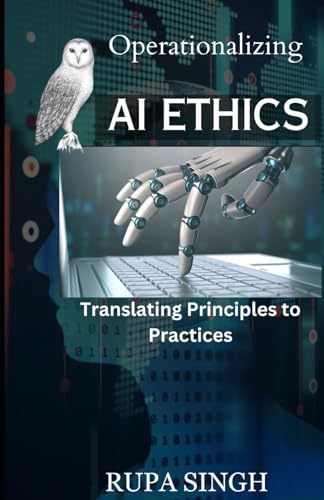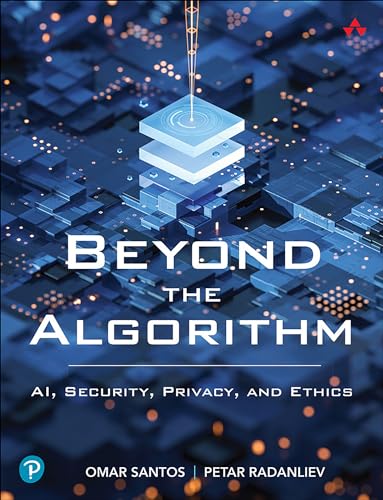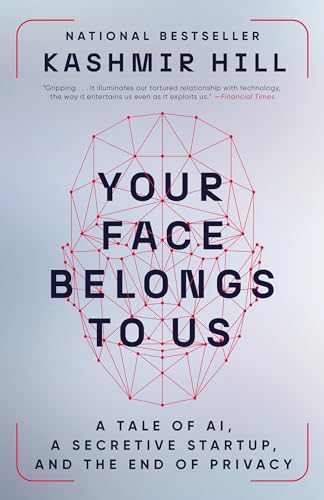Managers Guide to Ethics in AI
Understanding the ethics in AI
Understanding the basics of AI ethics is essential, especially as artificial intelligence becomes part of our daily lives. At its core, AI ethics is about making sure that the technology we create does good and minimizes any harm it might cause. It’s a bit like having guidelines for a new tool – you want to make sure it's used safely and responsibly.
One important aspect to consider is fairness. When designing AI systems, we need to make sure they treat everyone equally. For instance, algorithms that decide who gets a loan should not favor one group over another based on race, gender, or other factors. This is why many developers are focusing on bias detection and correction. It’s crucial that AI works the same for everyone.
Another key area is transparency. People should know how AI decisions are made, especially when those decisions can significantly affect lives. Imagine if a job application is rejected by an algorithm and the applicant has no way of knowing why! Open communication about how AI works can help build trust and keep things fair.
Lastly, we can’t forget about accountability. If something goes wrong, like an AI system making a poor decision, there should be a clear path to understand what happened and who is responsible. By establishing clear lines of accountability, we can ensure that developers and companies take their roles seriously when it comes to ethical AI use.
Ethical AI: Your Guide to Data Privacy & Security
Navigate the complex world of artificial intelligence with confidence while protecting your data and privacy
Product information
$59.95 $46.91
Product Review Score
4.83 out of 5 stars
164 reviewsProduct links
Real World Impacts of AI Misuse
AI is a powerful tool that can do amazing things, but when it’s misused, the effects can ripple through our lives in unexpected ways. Just think about social media algorithms that push harmful content or misinformation. These AI systems can amplify division and fear, impacting mental health and community trust. It’s like handing a megaphone to a few loud voices while drowning out the calm, rational ones.
Another area to consider is privacy. With AI analyzing our data to predict behavior, there’s a fine line between convenience and invasion of privacy. Imagine walking into a store and being targeted with ads based on your browsing history. It’s handy but can feel intrusive. When AI is used to track movements and behaviors without our consent, it can lead to a chilling effect, where people feel scared to express themselves freely.
And let’s not forget job displacement. As companies adopt AI for efficiency, many workers find themselves out of a job. While technology can create new roles, the transition isn't easy for everyone. It can lead to economic instability for individuals and communities alike. Helping displaced workers adapt to this shift with training and support is crucial.
Lastly, consider the biased decisions that AI can make. If an AI system is trained on flawed data, it can unfairly target or exclude certain groups of people. This has real consequences, from job applications to law enforcement. When biases slip into AI, they can deepen existing social inequalities, hurting those who are already marginalized.
Ethical Case Studies for Coach Development
Explore real-world scenarios that enhance your coaching skills and promote ethical practices
Product information
$42.99 $29.96
Product Review Score
4.76 out of 5 stars
175 reviewsProduct links
Best Practices for Ethical AI Development
When it comes to developing ethical AI, there are some best practices that can make a big difference. Here are a few guidelines to keep in mind, whether you’re a developer, a team leader, or just someone curious about the world of AI.
1. Prioritize Transparency
Being open about how AI systems make decisions is crucial. Transparency builds trust. Let users know what data is used and how it influences outcomes. Clear explanations can help demystify AI processes and make users feel more comfortable interacting with AI technologies.
AI Ethics in Action: From Principles to Practice
Explore real-world applications of AI ethics to navigate the challenges and opportunities in technology today
Product information
$79.00
Product Review Score
4.43 out of 5 stars
166 reviewsProduct links
2. Engage Diverse Perspectives
Involve people from various backgrounds in the development process. Different viewpoints can highlight potential biases and ethical concerns that you might overlook. Having a diverse team ensures that AI solutions address the needs and concerns of a broader audience.
3. Implement Continuous Monitoring
AI is not a set-and-forget solution. Regularly monitor how AI systems perform in the real world. This means keeping an eye on their impact and making adjustments as necessary. It helps catch any emerging biases or unintended consequences before they become bigger issues.
4. Foster Accountability
Make sure there are clear lines of responsibility in your AI projects. When everyone knows who’s in charge, it’s easier to deal with mistakes or ethical dilemmas. Create a culture where team members feel empowered to speak up if something doesn’t sit right.
Ethics of AI in Education Explained
Discover how artificial intelligence is reshaping education and what ethical considerations we need to navigate
Product information
$54.99 $39.71
Product Review Score
4.22 out of 5 stars
10 reviewsProduct links
Building Trust in AI Systems
One of the key ways to build this trust is through clear communication. Companies should explain how their AI systems function and the data they use. Being open about the algorithms and processes helps demystify AI and makes it less intimidating. Imagine trying to understand a complex recipe: when the chef shares each ingredient and step, it feels much easier to appreciate the dish!
Another crucial aspect is ensuring accountability. If an AI system makes a mistake or causes harm, it’s vital to have a clear path for addressing those issues. This means creating mechanisms for feedback and ensuring users know who to turn to when things go wrong. Transparency in these processes shows that companies care about their users and their experiences.
Lastly, involving a diverse group of people in the development of AI can significantly enhance its reliability. When teams with different backgrounds and perspectives contribute, the risk of bias decreases. This inclusion leads to fairer outcomes in AI systems, which is essential for earning public trust. A strong, varied team can see things from different angles and help create systems that truly serve everyone.
AI Ethics and Security: Beyond the Algorithm
Explore the essential principles guiding responsible AI use and the importance of safeguarding our digital future
Product information
$49.99 $46.60
Product Review Score
4.09 out of 5 stars
51 reviewsProduct links
Ethics in Robotics and AI: A Brief Guide
Explore the crucial moral questions surrounding technology and its impact on society
Product information
Product Review Score
4.37 out of 5 stars
61 reviews









